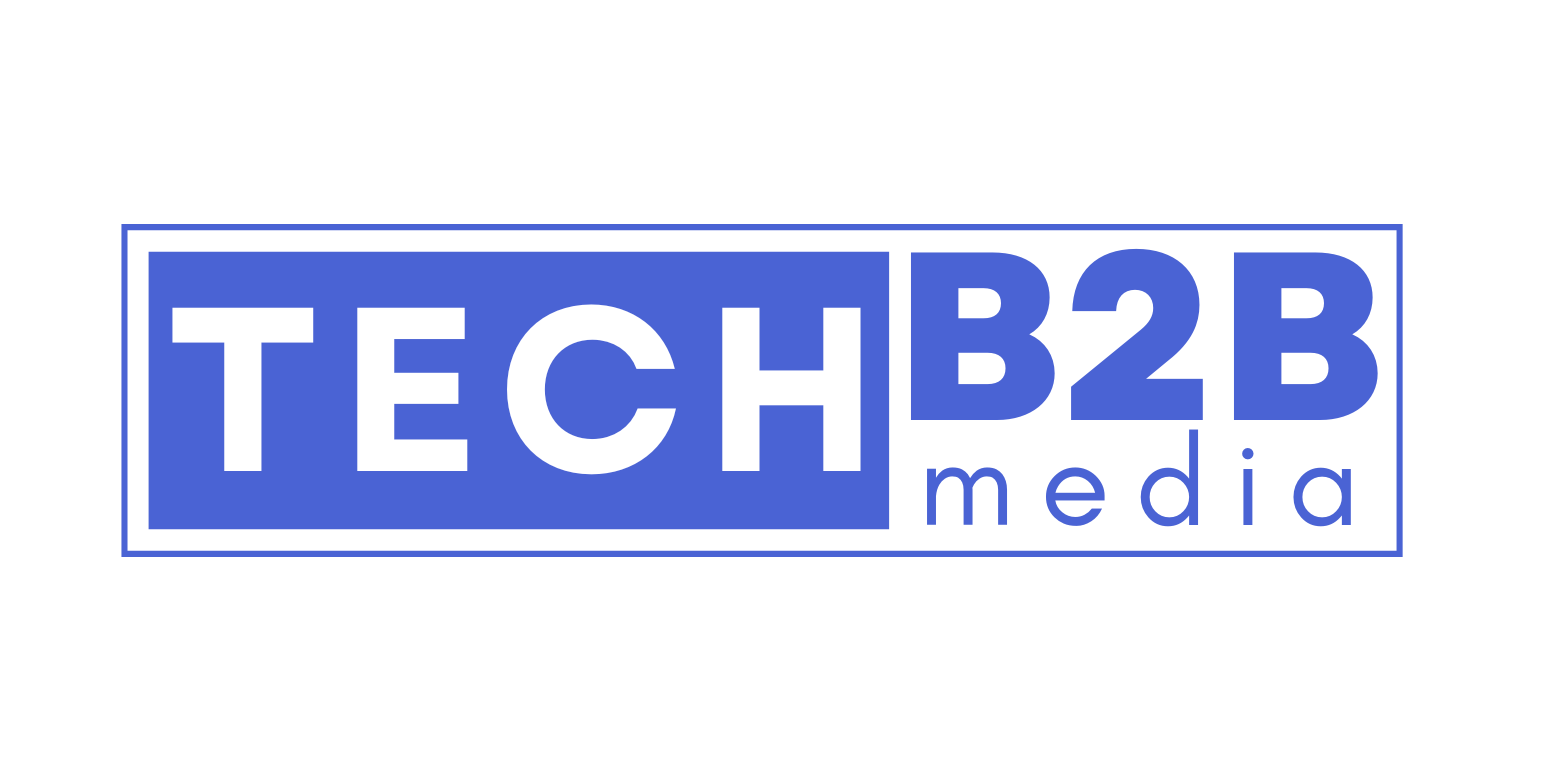The Benefits of Outsourcing HR Functions to Focus on Core Business Growth
In today’s fast-paced business environment, companies are constantly seeking ways to streamline operations and focus on what really matters—growing their core business. One of the most effective ways to do this is by outsourcing non-core functions, such as Human Resources (HR). HR outsourcing has become a popular strategy for companies looking to reduce costs, increase efficiency, and concentrate on driving growth. Let’s dive into how outsourcing HR functions can provide tangible benefits and help businesses thrive. What is HR Outsourcing? HR outsourcing involves contracting external agencies or providers to manage various HR functions instead of handling them in-house. These functions can range from payroll management, recruitment, employee benefits administration, and training to compliance and legal advisory services. This allows businesses to offload administrative and operational HR tasks, enabling them to focus more energy on strategic growth initiatives. Why HR is a Non-Core Function Businesses have core functions that drive revenue and growth, such as product development, marketing, and customer service. HR, while crucial for employee management and maintaining operations, doesn’t directly generate income or competitive advantage. Because of this, HR is considered a non-core function, and companies are increasingly seeing the value of outsourcing these tasks to experts, allowing internal teams to prioritize growth-oriented projects. The Strategic Advantages of Outsourcing HR By outsourcing HR, companies gain several strategic advantages, from cost savings to increased flexibility. Here are some of the key benefits: 1. Cost-Effectiveness of HR Outsourcing Managing an in-house HR department can be expensive. Salaries, training, benefits, and operational costs add up quickly. Outsourcing offers a more cost-effective solution as companies only pay for the services they need without bearing the burden of full-time employee costs. Moreover, outsourced providers have the expertise to optimize processes, potentially saving even more money. 2. Access to Specialized Expertise HR service providers are specialists in their field. They bring deep knowledge of compliance, recruitment, and employee management that can be difficult to maintain in-house, especially for small to medium-sized businesses. With their specialized expertise, outsourced HR teams are equipped to handle complex and evolving HR issues. 3. Scalability and Flexibility As businesses grow, their HR needs change. Outsourced HR solutions are inherently scalable, meaning that they can adapt to the evolving requirements of your business, whether you’re hiring a few employees or expanding to new regions. This flexibility eliminates the need for constant internal restructuring. 4. Minimizing Compliance Risks The world of employment law is vast and ever-changing. Keeping up with compliance requirements can be a full-time job in itself. By outsourcing HR, businesses can tap into experts who are dedicated to staying up-to-date with regulations and managing compliance risks, ensuring the business remains legally protected. Cost Savings and Financial Impact One of the most significant reasons companies turn to HR outsourcing is the financial impact. Outsourcing reduces HR-related overhead, including salaries, recruitment, and training costs. Additionally, businesses save on software and technology expenses, as many outsourcing firms provide cutting-edge tools as part of their services. All of this leads to more resources being available to invest in core growth strategies, whether that’s product development, marketing campaigns, or customer acquisition efforts. Improved Focus on Core Business Activities When HR functions are outsourced, it frees up time for leaders and key employees to focus on what matters most: driving the business forward. Without the distractions of day-to-day HR management, companies can place greater emphasis on strategy, innovation, and expanding their market share. Imagine a CEO spending more time refining a growth strategy rather than handling payroll issues—this shift can make a significant difference in business outcomes. Access to a Broader Talent Pool Recruiting top talent is critical for growth, and outsourcing HR can help with that. HR outsourcing providers often have access to wider talent pools and can leverage sophisticated recruitment strategies to find the best candidates quickly. This means your business gains access to top-tier talent without the headache of managing recruitment internally, ensuring your team is equipped to scale. Enhanced Compliance and Risk Management Employment law is complicated, and non-compliance can lead to hefty fines and damage to your company’s reputation. By outsourcing HR, businesses gain peace of mind knowing that compliance is being managed by specialists who are fully versed in the latest regulations. From labor laws to safety standards, an outsourced HR provider ensures your business avoids costly legal pitfalls. Better Employee Benefits Management Employee benefits are a key factor in attracting and retaining talent. Outsourcing HR can simplify the management of employee benefits, including health insurance, retirement plans, and other perks. External providers have the tools and expertise to offer competitive benefits packages, helping your company stand out in the job market while ensuring employee satisfaction. Scalability and Flexibility for Business Growth One of the greatest advantages of outsourcing HR is the ability to scale the services as needed. Whether you’re expanding into new markets, increasing your workforce, or downsizing, an outsourced HR provider can adjust their services to fit your needs. This flexibility ensures that HR is never a bottleneck as your business grows, allowing you to respond swiftly to market changes. Leveraging Technology and Innovation in HR Outsourcing HR often comes with access to state-of-the-art technology that can transform your HR operations. From applicant tracking systems to payroll automation and data-driven analytics, these technologies make HR processes more efficient, reduce errors, and improve decision-making. Staying on the cutting edge of HR tech is easier with an external provider who specializes in these innovations. Improving Employee Training and Development Outsourcing HR can also enhance employee training and development programs. Providers often offer access to advanced learning management systems (LMS) and a range of training modules. Whether you need onboarding for new hires or leadership development programs, outsourced HR teams can support ongoing professional growth, fostering a culture of continuous learning within your company. Case Studies: Companies that Succeeded with HR Outsourcing Many companies, both large and small, have found success by outsourcing HR functions. For example, a mid-sized tech company may have outsourced its HR functions to … Read more




